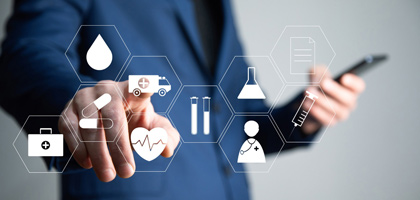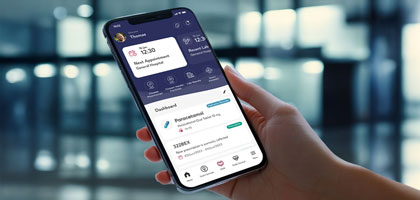
Blog
This Month in Healthcare IT: Remarkable e-Health News in June
The world of healthcare IT is continually evolving with emerging advancements. Again, June 2024 has been no exception, bringing the healthcare IT industry a wave of exciting developments that have the potential to redefine patient care in the future. From breakthroughs in personalized healthcare with electronic records to the increasing but not surprising adoption of AI, this month again has seen a wave of transformative innovation. We’re excited to share this news like we do every month like we do every month.
This blog series is about more than just reporting the latest trends in healthcare IT. We are active shapers of these developments and conversations, constantly offering fresh ideas to move healthcare IT forward. So, as leaders of this dynamic sector, we invite all healthcare IT professionals, providers and authorities to explore our news curation from June 2024.
Here are the top 11 news from June that caught our attention:
1. The World Health Assembly agreed on critical amendments to International Health Regulations (IHR) and set a deadline for the Pandemic Agreement.
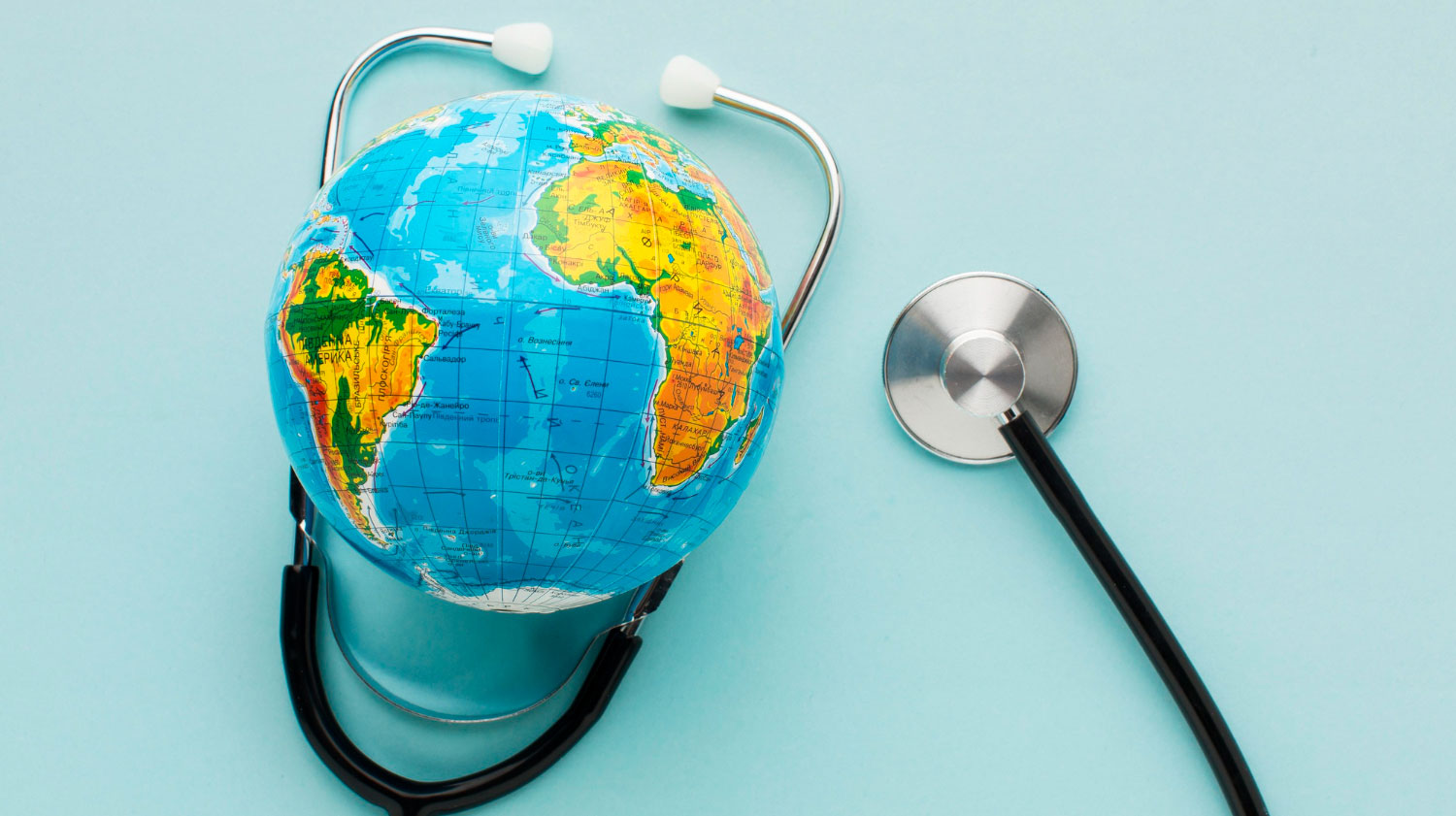
This year's World Health Assembly, an annual gathering of all World Health Organization (WHO) member states, marked historic moments. After two years of intense negotiations, the member countries agreed on a comprehensive package of revisions to strengthen the International Health Regulations (IHR). These regulations, founded nearly 20 years ago to manage global health crises, need reinforcement due to the Covid-19 pandemic.
Additionally, the members committed to finalizing a global pandemic agreement within a year, potentially as early as 2024. These advancements aim to provide all countries with solid systems for disease surveillance, response and preparedness, ultimately protecting the global health landscape from future pandemics and outbreaks.
2. The Trustworthy and Responsible AI Network (TRAIN) extended to assist European healthcare organizations in enhancing AI quality and safety.

The Trustworthy & Responsible AI Network (TRAIN), formed initially with leading US healthcare organizations, has expanded into Europe with partners including Erasmus MC (Netherlands), HUS Helsinki University Hospital (Finland), Sahlgrenska University Hospital (Sweden), Skåne University Hospital (Sweden), Universita Vita-Salute San Raffaele (Italy) and University Medical Center Utrecht (Netherlands), supported by Microsoft as the technology partner. Foundation 29, a nonprofit organization focused on patient empowerment through data-driven initiatives, has also joined. This network aims to democratize responsible AI practices, share best AI practices in healthcare and facilitate AI registration for clinical applications, all while ensuring patient safety and privacy.
3. The WHO European Region released the second edition of its 'Support tool to strengthen health information systems' report, which includes four new modules.

The WHO European Region updated its report on the 'Support tool for strengthening health information systems' with insights from 20 hospital information systems (HIS) assessments conducted since 2015. This update aims to enhance national HIS capabilities and provide crucial support in response to countries' urgent needs following the Covid-19 pandemic.
The revised tool now includes two main components: comprehensive guidance for HIS assessments and strategies for HIS development. This edition improves the assessment methodology for the core module while introducing four new add-on modules: Emergency Response Information Management System, Geographic Information System, Long-Term Care and Migration Health Data.
Source: https://iris.who.int/bitstream/handle/10665/376978/9789289061148-eng.pdf?sequence=6&isAllowed=y
4. NAFDAC intensified its campaign against counterfeit and sub-standard medicines in Nigeria through legal actions.

The National Agency for Food and Drug Administration and Control (NAFDAC) continued its rigorous campaign against substandard and falsified medicines in Nigeria. Recently, three individuals and Giddyson Healthcare Limited were arraigned in the Federal High Court, Kano, on charges related to the manufacturing, selling and distributing counterfeit medicines. The accused were involved in producing and distributing various falsified medications that pose serious health risks. The agency emphasized its uncompromising stance against substandard medicines, urging public cooperation to report suspicious activities and highlighting the importance of technology in detecting such issues.
5. HIMSS again called for more public health data modernization investment in the annual IPPS response.
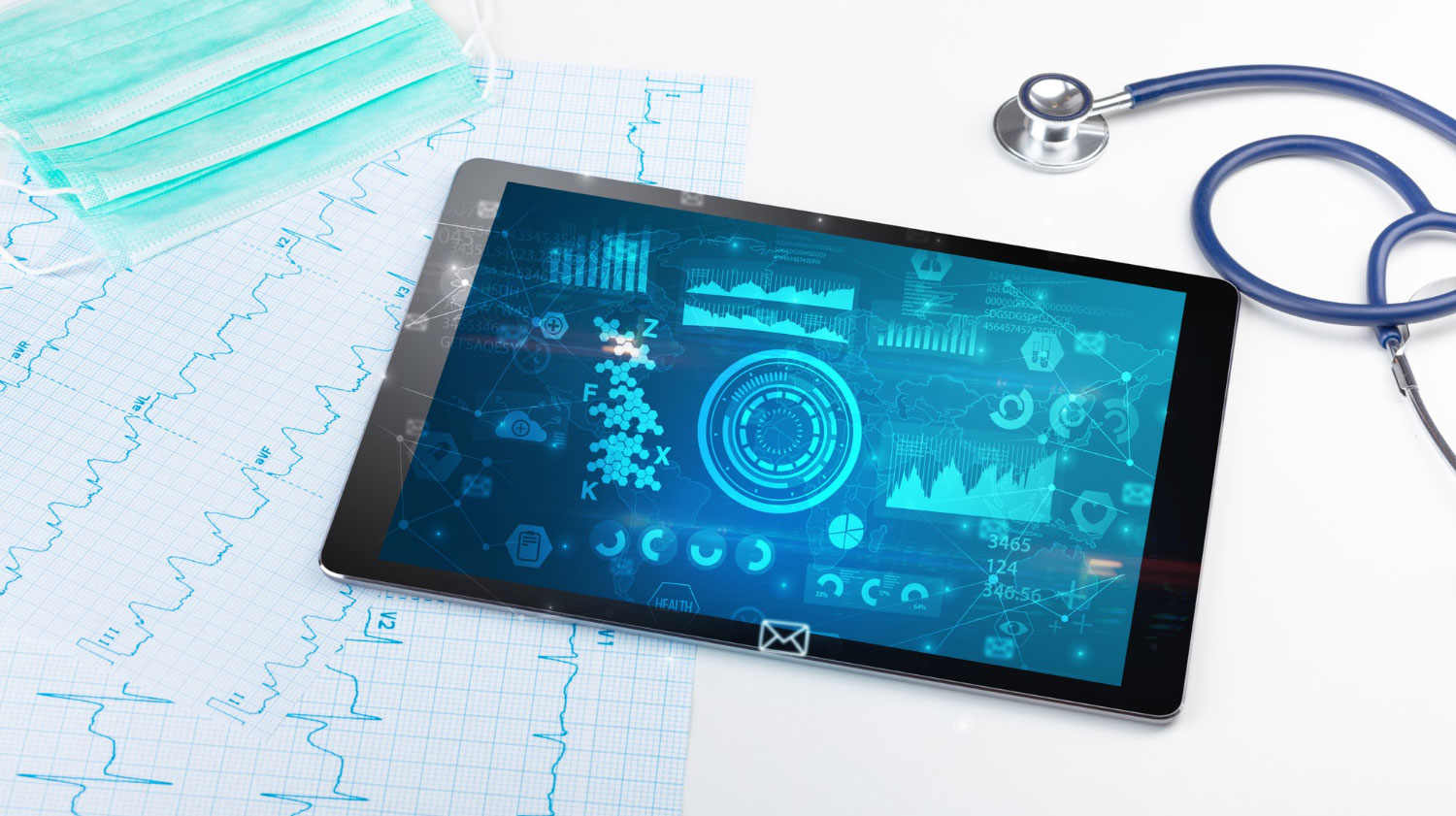
The Healthcare Information and Management Systems Society (HIMSS) has again called for substantial investment in modernizing public health information data and interoperability capabilities. This call was made in response to a request for information (RFI) from the Centers for Medicare and Medicaid Services (CMS), seeking ways to enhance the electronic reporting of public health data to state and local agencies. HIMSS emphasized the challenge posed by inadequate electronic data reception capabilities in many public health agencies, which necessitates broad exemptions and adds burdens to health systems.
6. Africa CDC, IVI and KDCA decided to collaborate during the 2024 Korea-Africa Summit to strengthen healthcare IT partnerships in Africa.

The Africa Centres for Disease Control and Prevention (Africa CDC), International Vaccine Institute (IVI) and Korea Disease Control and Prevention Agency (KDCA) collaborated at the 2024 Korea-Africa Summit to support health security in Africa. This special gathering convened government officials, public health experts and industry leaders to promote partnerships and enhance healthcare initiatives across Africa. Participants recognized the profound impact of advancing health partnerships through sharing best practices in healthcare IT, technical assistance, technology transfers and capacity-building efforts.
7. The Alan Turing Institute released its report, 'Trustworthy and Ethical Assurance of Digital Health and Healthcare,' to contribute to AI guidelines in the healthcare IT industry.

The 'Trustworthy and Ethical Assurance of Digital Health and Healthcare' project, led by the Assuring Autonomy International Programme and The Alan Turing Institute, seeks to standardize ethical practices and create tools to ensure compliance with regulatory standards in health research. The Trustworthy and Ethical Assurance (TEA) approach emphasizes clear communication of ethical goals like fairness and explainability throughout project lifecycles. This report aims to demonstrate TEA's utility in digital health, integrate it into AI policy, showcase its application in case studies on fairness and health equity and establish a community-centered agenda for its ongoing development.
Source: https://www.turing.ac.uk/sites/default/files/2024-06/tea-dh-report_0.pdf
8. The ONC brief highlighted the gains in electronic health records (EHR) interoperability in US healthcare facilities and called for improvements in 'routine interoperability.'
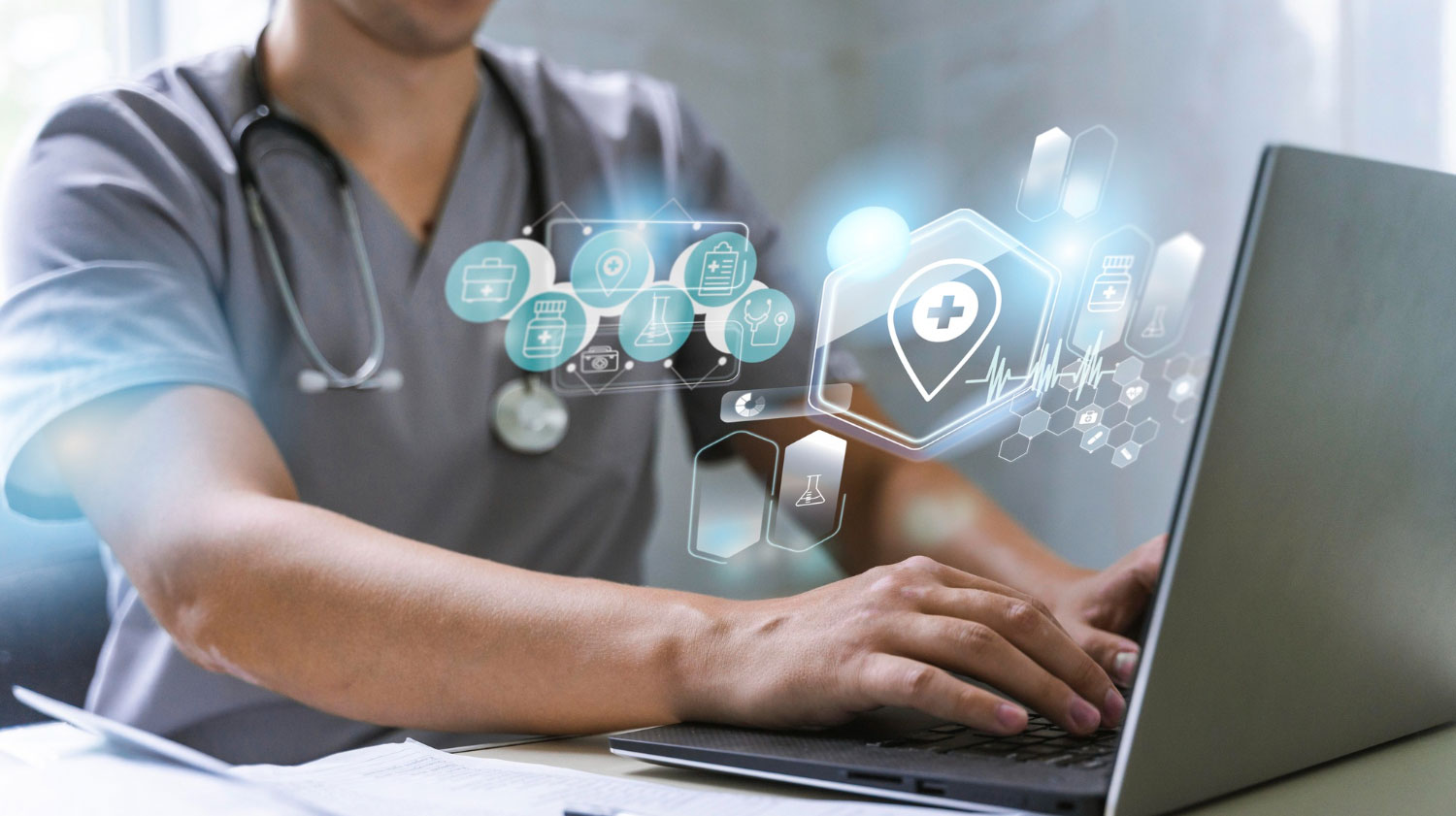
A recent Office of the National Coordinator for Health IT (ONC) brief highlights significant advancements in electronic health record (EHR) interoperability across US healthcare facilities. Since 2014, hospitals' ability to electronically find, send, receive and integrate patient health information has increased significantly, with 70% of hospitals reporting engagement in all four interoperability domains.
The ONC data also shows that hospitals with routine interoperability are 92% more likely to have essential clinical information. They provide better continuity of patient care, fewer information gaps and improved patient outcomes. Overall, the ONC aims to shift focus from occasional data exchanges to 'routine interoperability,' ensuring consistent and reliable health information sharing to improve patient care across all healthcare facilities.
9. South Africa's Technology Innovation Agency (TIA) has launched its funding program for innovative digital health solutions projects.

The Technology Innovation Agency (TIA) is a national public entity in South Africa tasked with bridging the gap between research and development from educational institutions, science councils, public entities and the private sector. Its latest call seeks to accelerate the advancement and adoption of healthcare IT technologies that address critical challenges and improve operational efficiency within the country's healthcare sector. Selected proposals are expected to show substantial promise in enhancing healthcare access, patient engagement and care quality.
Source: https://www.tia.org.za/innovative-digital-health-solutions/
10. The Indonesian Ministry of Health integrates generative AI into the national health record platform with the support of Google Cloud.

Google Cloud and the Indonesian Ministry of Health collaborate on the national health record platform SatuSehat. At a recent event in Jakarta, Putri Alam, Google Indonesia's Director of Government Relations and Public Policy, announced that SatuSehat will integrate generative AI.
As part of this collaboration, Google Cloud provided a secure environment to test and develop generative AI models, including MedLM. This partnership aims to improve access to health information, enhance diagnostic accuracy and create more effective treatment plans, all while ensuring patient data privacy and security.
Source: https://www.healthcareitnews.com/news/asia/google-cloud-looks-incorporate-genai-indonesias-satusehat
11. India's military medical services collaborate with universities and governmental institutions for emerging healthcare technologies.

India's Armed Forces Medical Services (AFMS) has declared 2024 the 'year of technology absorption,' reflecting a broader trend in the Asia-Pacific region where military forces are modernizing their healthcare delivery. As a result, AFMS has been enhancing its digital capabilities through partnerships with local universities and the government to address pressing healthcare challenges. It has collaborated with the Indian Institutes of Technology in Hyderabad, Delhi, Kanpur and Roorkee to develop digital technologies such as AI models for diagnosis and medical devices for remote care.
Source: https://dsssolutions.com/news/boosting-military-healthcare-with-ai-telemedicine/

Recent news has emphasized that the future of healthcare success is tied to digitalization. At Tiga Healthcare Technologies, we stand ready to accompany all relevant stakeholders, such as healthcare professionals, providers, public institutions and authorities, on their healthcare IT journeys, delivering comprehensive healthcare IT management products and expert guidance.
Our AI & Analytics product family, supported by ongoing R&D projects, meets global demand for ethical AI products that are compliant with regulations, enhancing healthcare delivery worldwide. Our Personal Health Record (PHR) addresses the need for robust and adaptable electronic health record usage, while our Drug Traceability products ensure enhanced drug safety for patient well-being.
Our mission is to further design a brighter future for healthcare IT systems by providing more products that adhere to global standards, enhance accessibility and improve patient outcomes. This responsibility personifies our comprehensive scope of solutions, including Healthcare Interoperability, Patient Engagement, Prescription and Medicine Management, Population Health Management, Personalized Healthcare and Hospital Information System product families.
We're coding and designing the future of healthcare IT from the ground up.
Let's shape the future together, as always!
